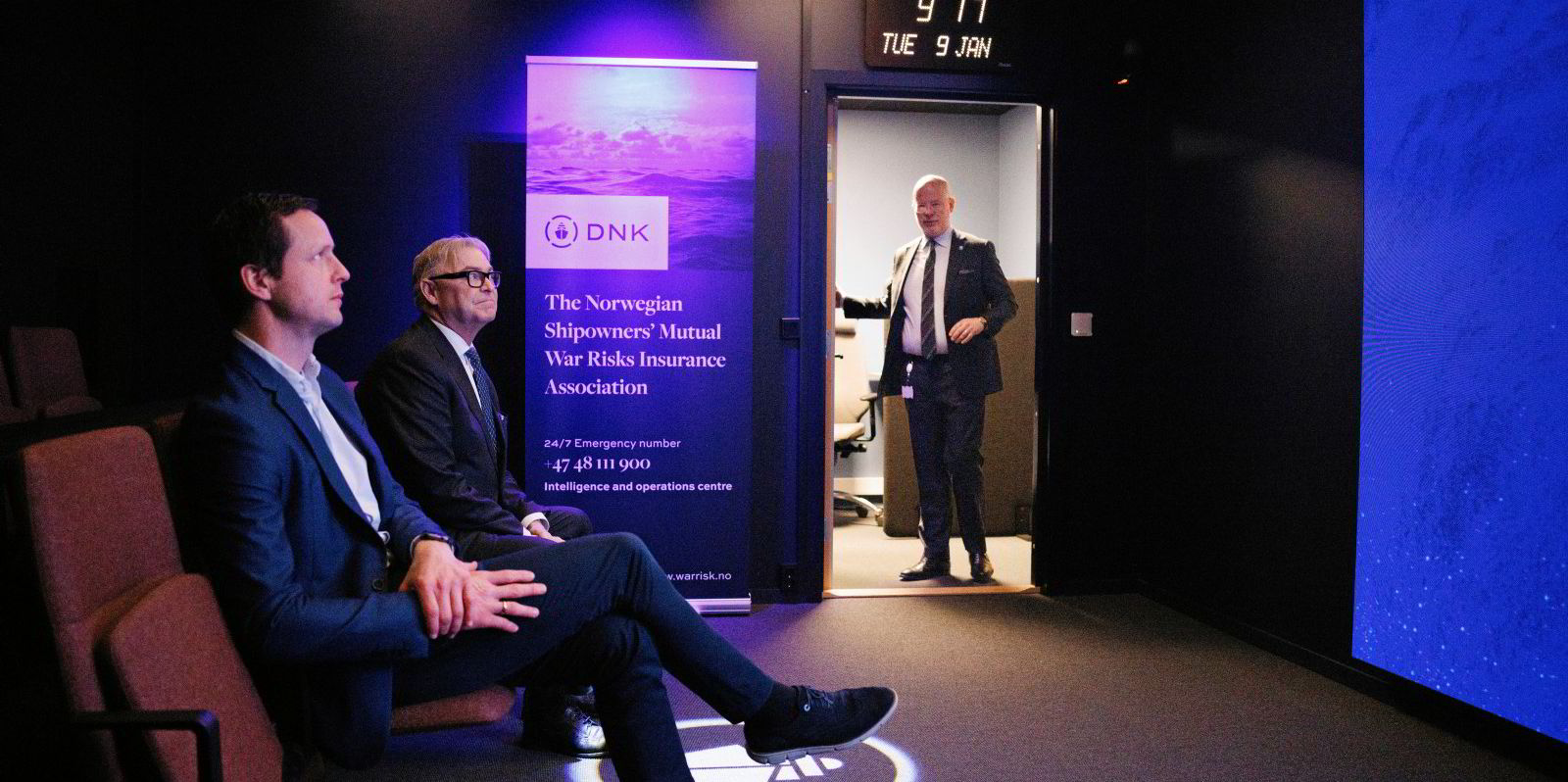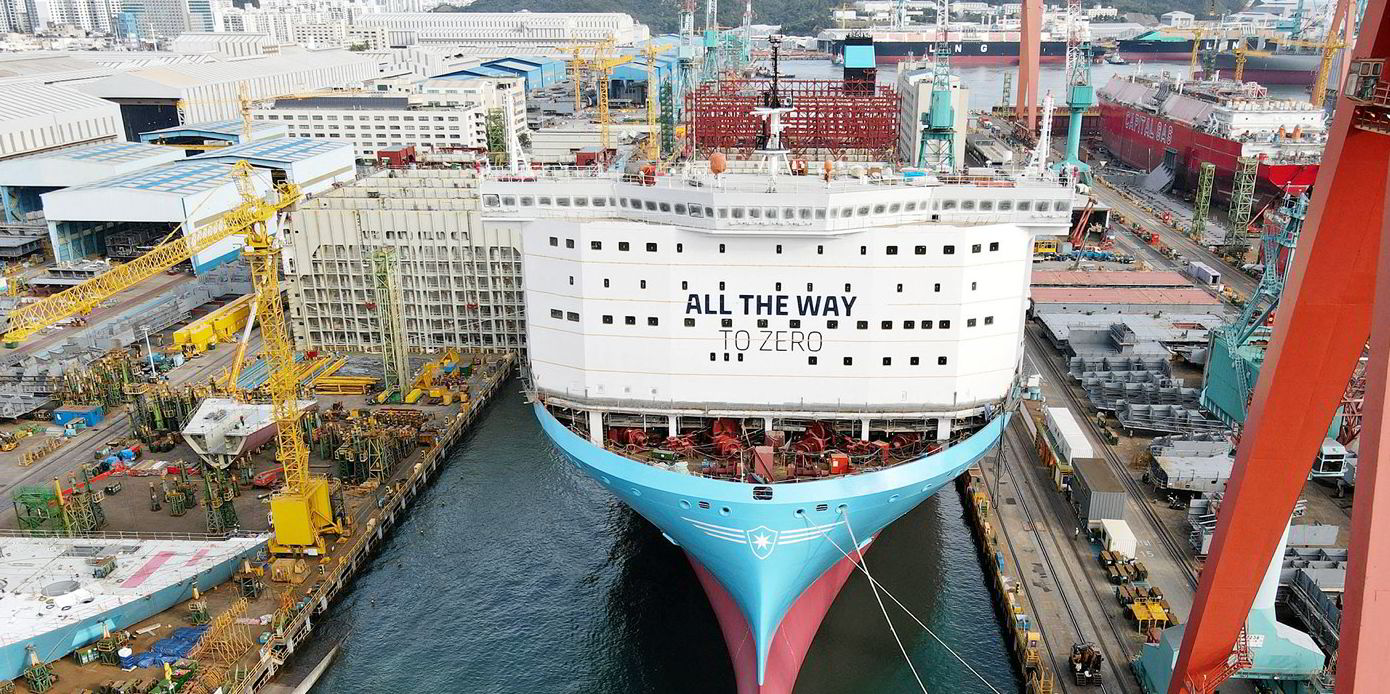A rush of vessel orders inked by shipowners before new cyber security rules come into force next month has sparked a supply chain crunch at shipyards.
One shipbroker told TradeWinds his company had helped close to 30 contracts in one week, although the overall number signed is unclear.
“It’s a big supply chain issue for the shipyard,” one shipbuilding expert said, with the costs estimated upwards of $250,000 a vessel.
The International Association of Classification Societies’ Unified Requirements on cyber security come into force on 1 July.
The rules — E26 and E27 — will apply to newbuildings of more than 500 gross tonnes, requiring security measures in onboard equipment that shipyard suppliers also comply with.
“The more sophisticated the ship, the higher the cost will be due to the number of equipment and systems on board,” said one shipbuilding specialist, estimating a minimum cost of around $250,000 per ship to comply.
Shipyards in the Far East, where there is already significant crunch for available berth capacity given an upturn in newbuilding activity in the past couple of years, confirmed the fresh order dash.
“It’s like 10 years ago when buyers rushed to ink newbuilding contracts to avoid IACS’ harmonised common structural rules,” said one shipyard manager.
But the volume of newbuildings being inked today is far greater as those contracts could be backdated, sources added.
“For cyber-compliant contracts, [there] is strictly no backdate and working on the additional costs for the equipment and system is complex,” said one source.
One shipbroker said shipping companies reserving shipyard space that have not inked contracts would see their slots given to other buyers as “demand outstrips supply”.
One shipowner said some shipping companies might have rushed to have their newbuilding contracts signed but added that the new rules were not a big consideration based on the current shipyard prices and tight delivery positions.
A shipbuilding observer said some companies had been working to comply.
DNV Maritime’s vice president and regional manager for South East Asia, Pacific and India, Cristina Saenz, said her company had been working extensively with owners, shipyards and suppliers to prepare for the new rules.
“There are already more than 200 vessels contracted for voluntary approval with DNV Cyber Secure notation, which is fully aligned with the IACS UR-E26 and E27 and in the market since 2018,” said Saenz.





